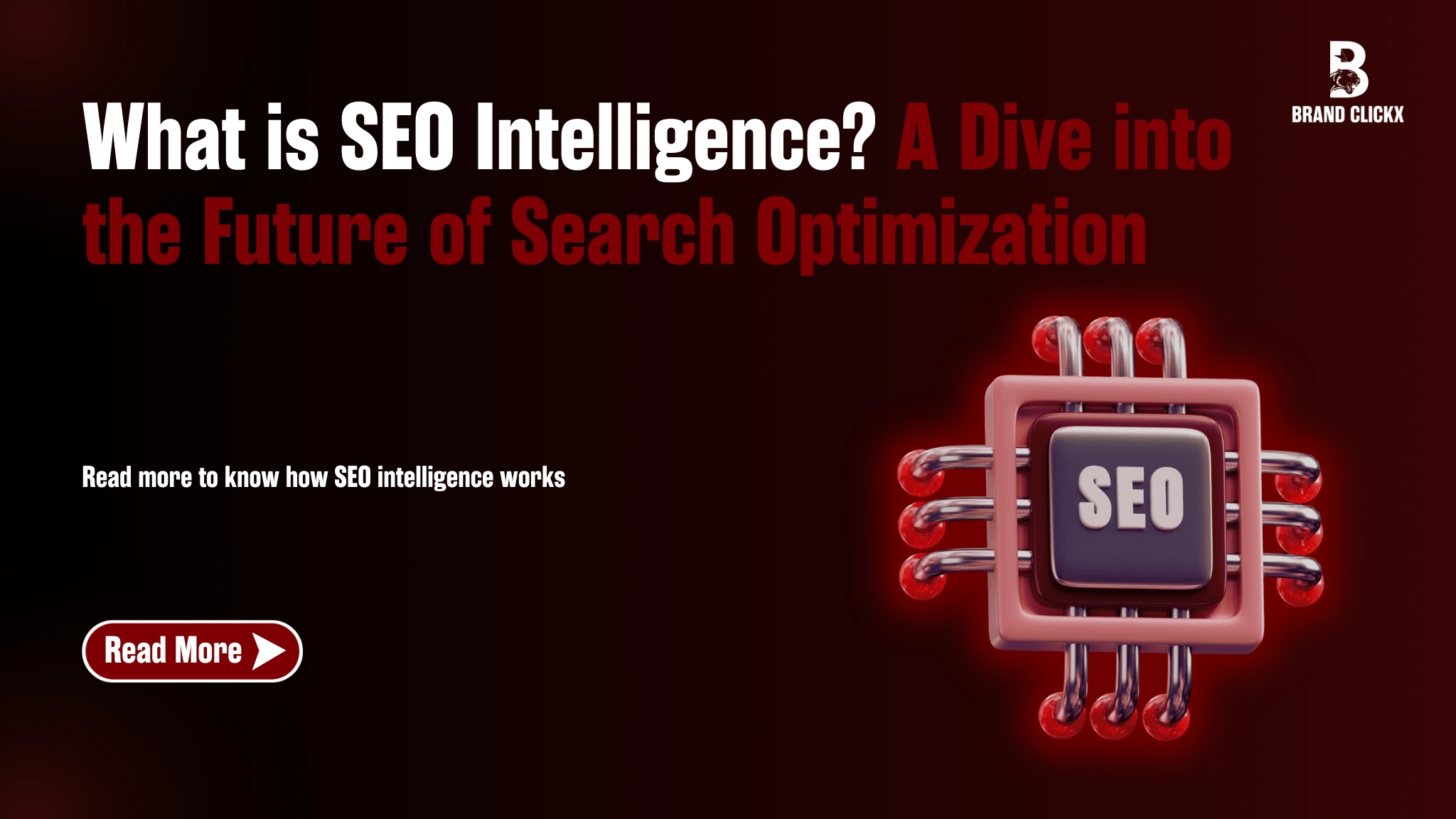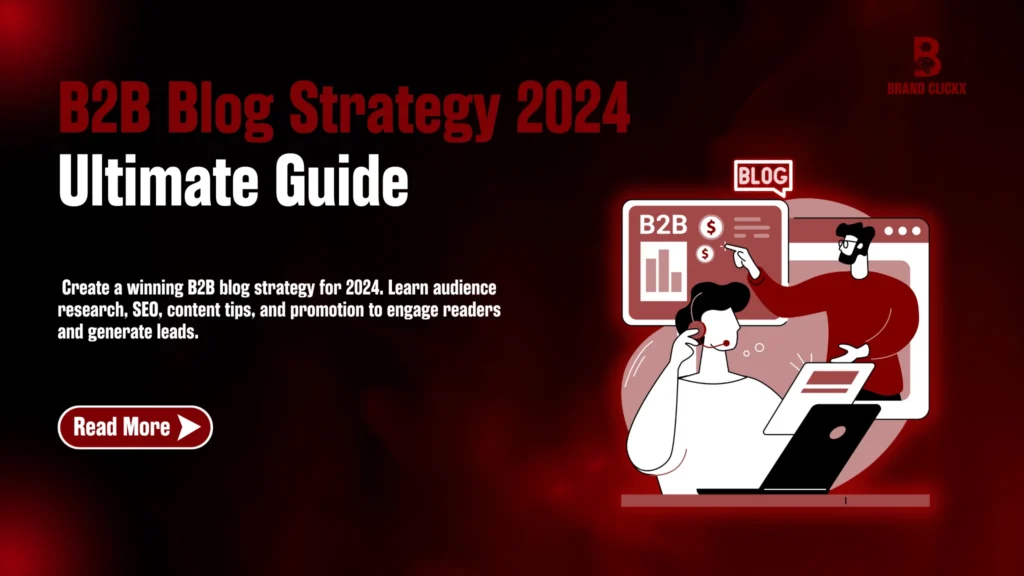Let’s talk about something really exciting in the world of digital marketing: What is SEO intelligence. In today’s digital-first world, where over 8.5 billion searches occur daily on Google, understanding what is SEO intelligence is no longer optional—it’s essential. SEO intelligence goes beyond traditional search engine optimization (SEO) by leveraging data-driven insights, advanced technologies, and strategic methodologies to help businesses dominate search engine results pages (SERPs).
Whether you’re a small business or a global enterprise, mastering SEO intelligence can provide the competitive edge you need to thrive in an ever-evolving digital landscape.
Let’s explore the concept of SEO intelligence in detail and how it can revolutionize your approach to digital marketing.

The Evolution of SEO: From Basics to Intelligence
What is Traditional SEO?

Traditional SEO focuses on optimizing website elements such as keywords, meta tags, and backlinks to improve rankings on search engines like Google, Bing, and Yahoo. While these techniques remain important, they are no longer sufficient in today’s complex search environment. Search engines have evolved to prioritize user intent, content relevance, and technical excellence.
For instance, remember when you could just stuff your website with keywords and magically appear on the first page of Google? Well, those days are long gone. Today, search engines are smarter and more sophisticated. They want to see that your content is not just keyword-rich but also relevant, engaging, and valuable to users.
Imagine you’re searching for the “best coffee shops near me.” You’re not just looking for a list of coffee shops; you want to know which ones are highly rated, open now, and close to your location. That’s what search engines aim to deliver—relevant results that match user intent.
What Sets SEO Intelligence Apart?

SEO intelligence represents the next generation of search optimization. It integrates artificial intelligence (AI), machine learning, and advanced analytics to provide a holistic view of your website’s performance. This approach helps businesses understand not just what works but why it works—allowing for smarter decisions and more impactful strategies.
Key differences on what is SEO intelligence include:
- Focus on User Intent: Instead of merely targeting keywords, SEO intelligence emphasizes understanding the why behind user searches. For example, if someone searches for “best coffee shops near me,” they’re likely looking for a place to grab a cup of coffee right now. Your content should reflect that intent by providing relevant information like opening hours and reviews.
- Data-Driven Decisions: Advanced tools analyze vast amounts of data to uncover actionable insights. This means you can stop guessing and start making informed decisions based on real data. For instance, if data shows that most of your traffic comes from mobile devices, you can prioritize mobile optimization.
- Automation & Scalability: AI-powered tools automate repetitive tasks like keyword research and technical audits, freeing up time for strategic planning. Imagine having more time to focus on creating amazing content and less time spent on tedious tasks
Also Read:
- 6 Best Twitter Advertising Examples That Drive Engagement
- Top 15 free Reputation Monitoring tools to explore
Core Components of What is SEO Intelligence

To fully grasp what is SEO intelligence, it’s crucial to understand its core components. These elements form the foundation of a robust strategy that drives measurable results.
1. Data Analysis and Insights
Data is at the heart of SEO intelligence. By analyzing user behavior, search trends, and competitor strategies, businesses can uncover hidden opportunities. Tools like Google Analytics and SEMrush make it easier to interpret this data and apply it effectively.
For instance, if you notice that your website gets a lot of traffic from mobile devices, you might want to prioritize mobile optimization to improve user experience and boost rankings. This could involve ensuring your site loads quickly on mobile, has easy-to-use navigation, and provides a seamless checkout process.
2. Competitive Analysis
Understanding your competitors’ strengths and weaknesses is vital. SEO intelligence involves studying their keywords, backlinks, and content strategies to identify gaps you can exploit.
Think of it like a game of chess. You need to know your opponent’s moves to plan your next step. By analyzing your competitors, you can find opportunities to outmaneuver them and rise above in search results. For example, suppose you notice a competitor is ranking well for a specific keyword. In that case, you can analyze their content and backlinks to understand why they’re succeeding and how you can improve your own strategy.
3. Technical Optimization
From site speed to mobile responsiveness, technical SEO plays a critical role in improving user experience and search rankings. As Google’s Gary Illyes famously said: “Make that damn site crawlable.” Ensuring your website meets technical standards is non-negotiable.
Imagine if your website takes forever to load. Not only will users get frustrated and leave, but search engines will also penalize you for poor performance. Technical optimization is about ensuring your site is fast, secure, and easy to navigate. This includes optimizing images, minifying code, and using HTTPS to protect user data.
4. Content Optimization
High-quality content remains king in the world of SEO. However, SEO intelligence takes it a step further by using AI to optimize content for both users and search engines. This includes crafting engaging meta descriptions, title tags, and schema markup.
For example, AI can help you identify the most relevant keywords for your content and suggest ways to naturally integrate them without sounding spammy. Plus, tools like AI-powered content generators can help you produce high-quality content faster and more efficiently. Imagine having a team of writers working around the clock to produce engaging blog posts, product descriptions, or FAQs without the need for manual labor.
The Role of AI in SEO Intelligence
Artificial intelligence has become a game-changer in the world of SEO intelligence. Here’s how AI is shaping the future:
AI-Powered Content Creation

AI tools can generate large volumes of optimized content quickly—whether it’s blog posts, product descriptions, or FAQs. While human oversight is still necessary for quality assurance, these tools significantly speed up the content creation process.
Imagine having a team of writers working around the clock to produce high-quality content without the need for manual labor. AI can help you scale your content production while maintaining quality. For instance, AI can generate product descriptions that are both informative and engaging, saving you time and resources.
Predictive Analytics
AI-driven predictive analytics allow businesses to anticipate changes in search trends and user behavior. This foresight enables proactive adjustments to your strategy, keeping you ahead of the competition.
For instance, if AI predicts a surge in searches related to a specific topic, you can prepare content in advance to capitalize on that trend. This could involve creating blog posts, social media content, or even launching targeted ads to capture the attention of users interested in that topic.
Automated Tasks
From keyword research to backlink monitoring, AI automates many time-consuming tasks. This not only improves efficiency but also reduces human error.
| AI Application in SEO | Benefits |
| Content Creation | Faster production, scalability |
| Predictive Analytics | Trend forecasting, competitive edge |
| Task Automation | Time-saving, improved accuracy |
Why is SEO Intelligence Important?

Understanding what is SEO intelligence isn’t just an academic exercise—it has real-world implications for your business success.
1. Improved Search Visibility
With billions of searches conducted daily, standing out on SERPs is more challenging than ever. SEO intelligence helps you identify high-value keywords and optimize your content accordingly.
Think about it: if you can appear on the first page of Google for a popular search term, you’re more likely to attract organic traffic and convert visitors into customers. For example, if you own a coffee shop and rank well for “coffee shops near me,” you’ll get more foot traffic and sales.
2. Enhanced User Experience
Search engines prioritize websites that offer a seamless user experience. By focusing on site speed, mobile-friendliness, and intuitive navigation, you can improve both rankings and customer satisfaction.
For example, if your website is slow or hard to navigate on mobile devices, users will leave quickly, which can negatively impact your search rankings. On the other hand, if your site is fast, secure, and easy to use, users are more likely to stay longer, engage with your content, and become loyal customers.
3. Competitive Advantage
Incorporating advanced techniques like AI-driven analytics gives you an edge over competitors still relying on outdated methods.
Imagine being able to predict and adapt to changes in the market faster than your competitors. That’s what SEO intelligence can offer. By leveraging AI and data insights, you can stay ahead of the curve and make strategic decisions that drive real results.
How to Implement SEO Intelligence
Ready to integrate SEO intelligence into your digital strategy? Here’s a step-by-step guide:
- Conduct an Audit: Use tools like SEMrush or Ahrefs to assess your current performance. This will help you identify areas for improvement, such as slow page speed or missing meta tags.
- Leverage AI Tools: Invest in AI-powered platforms for keyword research, content optimization, and technical audits. These tools can streamline your workflow and provide valuable insights to inform your strategy.
- Focus on User Intent: Align your content with what users are searching for—not just specific keywords. This means understanding their needs and creating content that addresses those needs. For example, if users are searching for “how to make coffee at home,” create a comprehensive guide that covers everything from equipment to brewing techniques.
- Optimize Technical Elements: Ensure your website meets all technical requirements for crawling and indexing. This includes ensuring your site is fast, secure, and mobile-friendly. Use tools like Google PageSpeed Insights to identify areas for improvement.
- Monitor & Adjust: Continuously track performance metrics like traffic, bounce rates, and conversions to refine your strategy. Use data to inform your decisions and make adjustments as needed. For instance, if you notice a high bounce rate on a specific page, you might need to improve its content or user experience.
For more tips on optimizing your digital presence, check out our comprehensive guides at BrandClickX.
The Future of SEO Intelligence
As technology continues to evolve, so will the field of SEO intelligence. Emerging trends include:
- Voice Search Optimization: With the rise of smart speakers and voice assistants, optimizing for voice queries will become increasingly important. This means focusing on natural language and long-tail keywords that mimic how people speak.
- Visual Search Capabilities: Platforms like Pinterest are already leveraging visual search—expect this trend to grow. This could involve optimizing images with descriptive alt tags and schema markup to improve visibility in visual search results.
- Hyper-Personalization: Tailoring content based on individual user preferences will set businesses apart in crowded markets. This might involve using AI to create personalized content recommendations or offers based on user behavior and interests.
By staying ahead of these trends with innovative strategies from BrandClickX, you can ensure long-term success in the digital space.
Final Thoughts
So there you have it—a comprehensive look at what is SEO intelligence and why it matters for modern businesses. By combining advanced technologies with data-driven insights, this approach offers unparalleled opportunities for growth.
At BrandClickX, we specialize in helping businesses navigate the complexities of digital marketing with confidence. Whether you’re looking to improve search visibility or enhance user experience, our team has the expertise to guide you every step of the way.
Ready to take your SEO game to the next level? Let’s get started!
FAQs
- What is SEO intelligence and how does it differ from traditional SEO?
SEO intelligence goes beyond traditional SEO by integrating AI, machine learning, and advanced analytics to provide a holistic view of your website’s performance. It focuses on understanding user intent and making data-driven decisions to improve search rankings.
- How does SEO intelligence help businesses improve their online visibility?
SEO intelligence helps businesses improve their online visibility by identifying high-value keywords, optimizing content for user intent, and leveraging AI tools to automate tasks and predict trends.
- What role does AI play in SEO intelligence?
AI plays a crucial role in SEO intelligence by automating tasks, generating optimized content, and providing predictive analytics to anticipate changes in search trends and user behavior.
- How can I implement SEO intelligence into my digital marketing strategy?
To implement exactly what is SEO intelligence, start by conducting a website audit, leveraging AI tools for optimization, focusing on user intent, optimizing technical elements, and continuously monitoring performance metrics to refine your strategy.
- What are the benefits of using SEO intelligence over traditional SEO methods?
The benefits of using SEO intelligence include improved search visibility, enhanced user experience, and a competitive edge over competitors still relying on outdated methods. It also allows for more efficient use of resources through automation and data-driven decision-making



